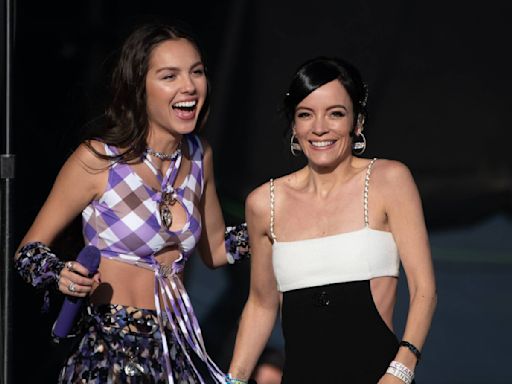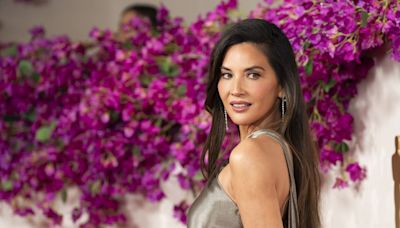Search results
Extended Character Analysis. Lady Olivia is an upper-class, wealthy, and beautiful countess in Illyria. Olivia is judgmental and overindulgent. Much like Duke Orsino, Olivia is also quick to...
At first, Olivia seems to be the emotional counterpart for the duke; he is a melancholy parallel for Olivia, and Olivia has sworn to abjure the world for seven years to mourn for her dead brother, an act of extreme sentimental melancholy. Olivia is also the opposite of Viola in many ways. While Olivia is attracted to her opposite (Viola in the ...
Take thy fortunes up (5.1.) Olivia thinks Cesario is afraid of admitting that the two of them have secretly married. Cesario has just denied being married to Olivia, and Olivia, who is mistaking Cesario for Sebastian, thinks Cesario is lying out of fear of what Orsino will do.
Olivia. A wealthy, beautiful, and noble Illyrian lady, Olivia is courted by Orsino and Sir Andrew Aguecheek, but to each of them she insists that she is in mourning for her brother, who has recently died, and will not marry for seven years. She and Orsino are similar characters in that each seems to enjoy wallowing in his or her own misery.
Olivia is a character from Twelfth Night, a play by William Shakespeare, an English playwright. Twelfth Night is a fast-paced comedy that contains romantic plots, mistaken identities and...
Analysing Viola. At the start of the play, Viola finds herself alone: her father died when she was 13 years old and now she has lost her brother. She is in a similar situation to Olivia and perhaps this is why she tells the Captain ‘O, that I served that lady’ when she hears about Olivia’s situation.
Olivia is the major character of the play whose beauty and its effects are described by Orsino in the very beginning scene of the play. She is a countess. Her features in the play are very close to that of Orsino. Both of them are affected by the courtly nature of love developed in the Elizabethan age.




